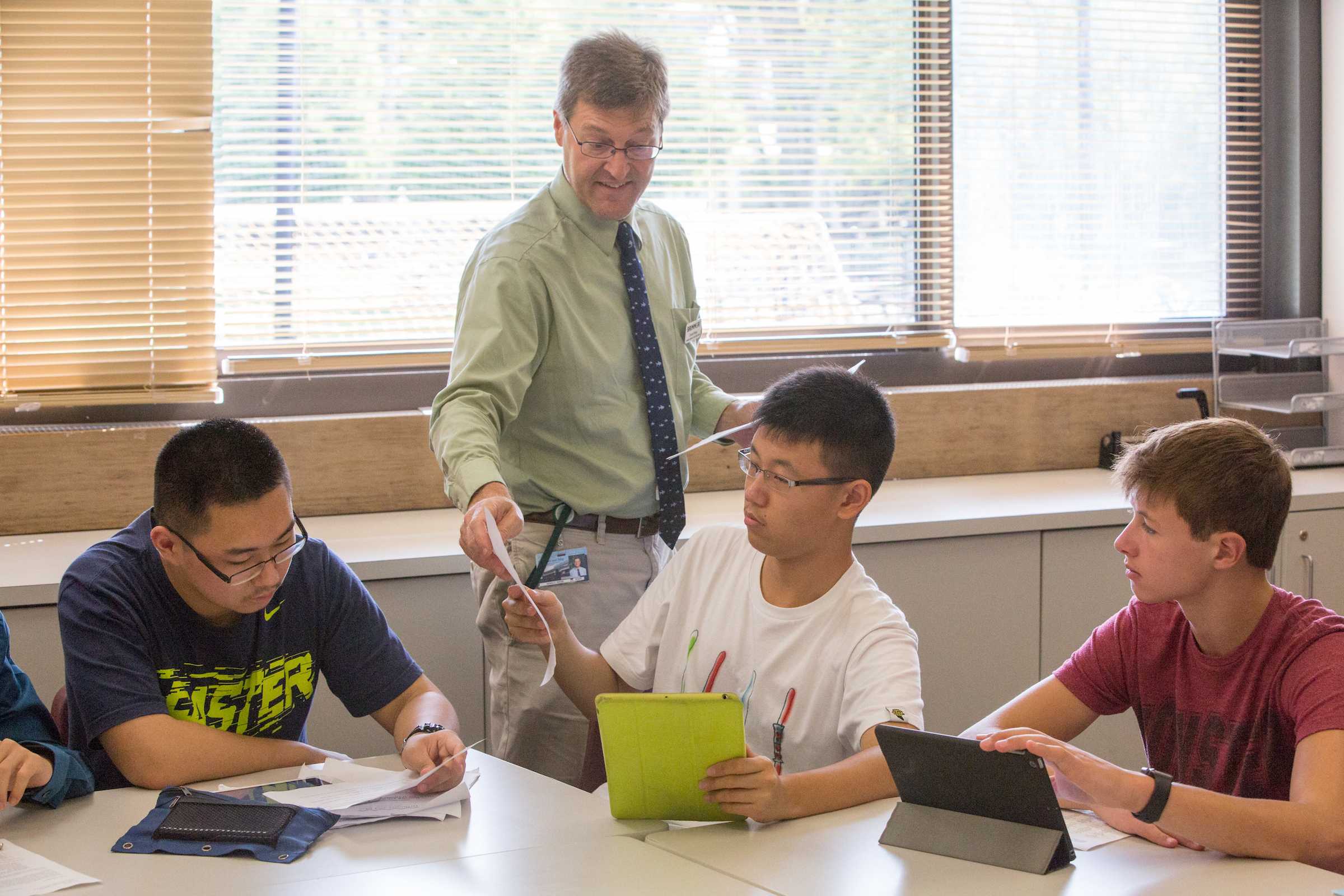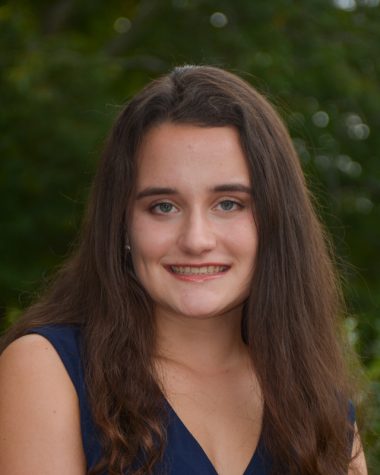
The English Department announced a major change in its offerings for juniors and seniors, detailed in a recent email sent by Humanities Co-Chair Donald Reese.
Starting next fall, upperclassmen will enroll in an English elective rather the conventional English III and English IV track, instead going deeper into specific areas of the discipline. Additionally, students will not be allowed to take both AP English Literature and AP English Language and Composition before graduating.
The change will not apply to current juniors.
“The electives are just another opportunity for students to have more choice,” said Upper School Head Joshua Neudel. “They model what Brimmer students are going to experience when they get to college.”
Along these lines, moving forward, AP English classes will likely consist of juniors and seniors, reflective of how most college courses include students of different ages.
Students will choose from the following yearlong electives:
Power, Justice, and Revenge
This course will investigate the ways in which the individual desire for power or revenge and the communal need for justice interact with one another in literature. Where does justice serve revenge? Where does it thwart revenge? Where does revenge serve justice? Where does the idea of justice come from?
Perfecting Humanity – Course Objectives and Overview
This class will be a study of how literature has been used to idealize or perfect the past through the genres of historical fiction, historical analysis, and alternate history, and to warn or inspire about the future through utopian or dystopian literature. The fall semester will focus on writers who describe or change the past in order to reinforce values and warnings from their own times. The spring semester will focus on literature which describes the future in order to explore the fears and hopes of various eras. The semesters will be linked by five thematic units (race, gender, technology, violence, and religion) which will serve as a foundation for discussions of how these issues are perceived today. The course will also focus on the student’s own perception of the past, present, and future through personal, creative, and analytical writing.
A Short Season: Childhood in Literature & Children’s Literature
Why are children thought of as separate from adults? When does childhood end? Do children perceive the world differently than adults? This class will use the fall semester to explore how children and childhood are depicted in books that are intended for adults and the spring semester to compare how children and childhood are depicted in books meant for children. Some of the units will focus on the themes of dreams, the use of allegory, and the American focus on youth culture.
Comedy in Literature and Film
In this class, we will seriously consider the funny: what makes us laugh, and why? What’s the difference between a belly laugh and a chuckle, and which is more satisfying? What has stopped making us laugh, and why? Is laughter the best medicine?
Reese feels strongly about students exploring different classes, beyond the AP-curriculum. The new policy ensures that students can take electives and “not feel locked into both AP classes,” Reese said, in an interview with The Gator.
In response to potential concern about having to choose between which AP English class to take, Reese said, “We will explain our policy to colleges so they do not expect that students have taken both AP English classes.”
Director of College Counseling echoed Reese saying that the change will be explained on the School profile, which is sent to colleges and universities with every transcript.
Jack Donelly ‘18, who took AP English Language last year and is currently enrolled in AP English Literature and Composition, isn’t impacted by the new policy. Still, he questioned the wisdom of the move.
“Taking both AP English classes really bridged the gap between writing and reading, which is crucial for getting a good English education. If students are interested in taking on two AP English classes, they should be able to.”
But not all students agree.
“Now that the School has specific courses for different genres and different topics, there are more options to choose from,” Hanna Spivak ’20 said. “This makes English more exciting.”























































